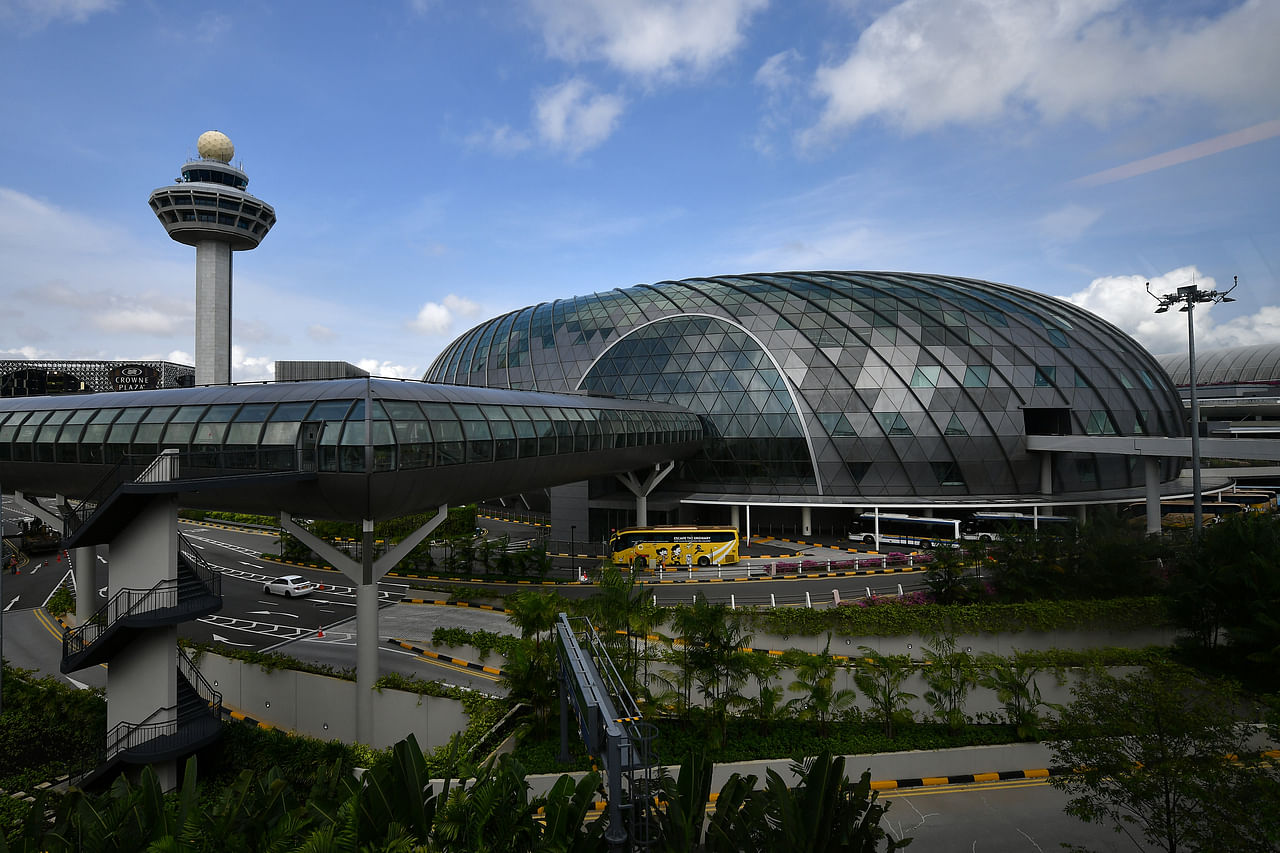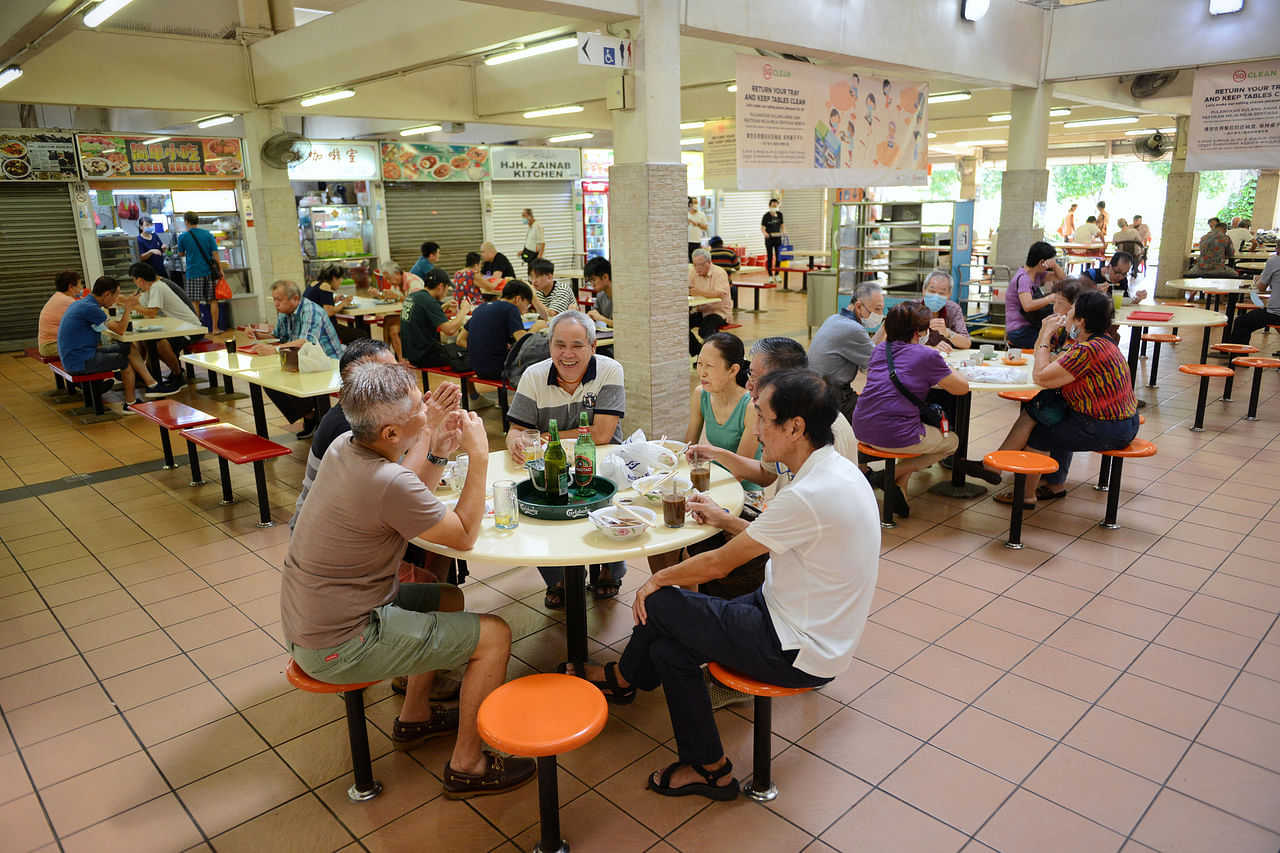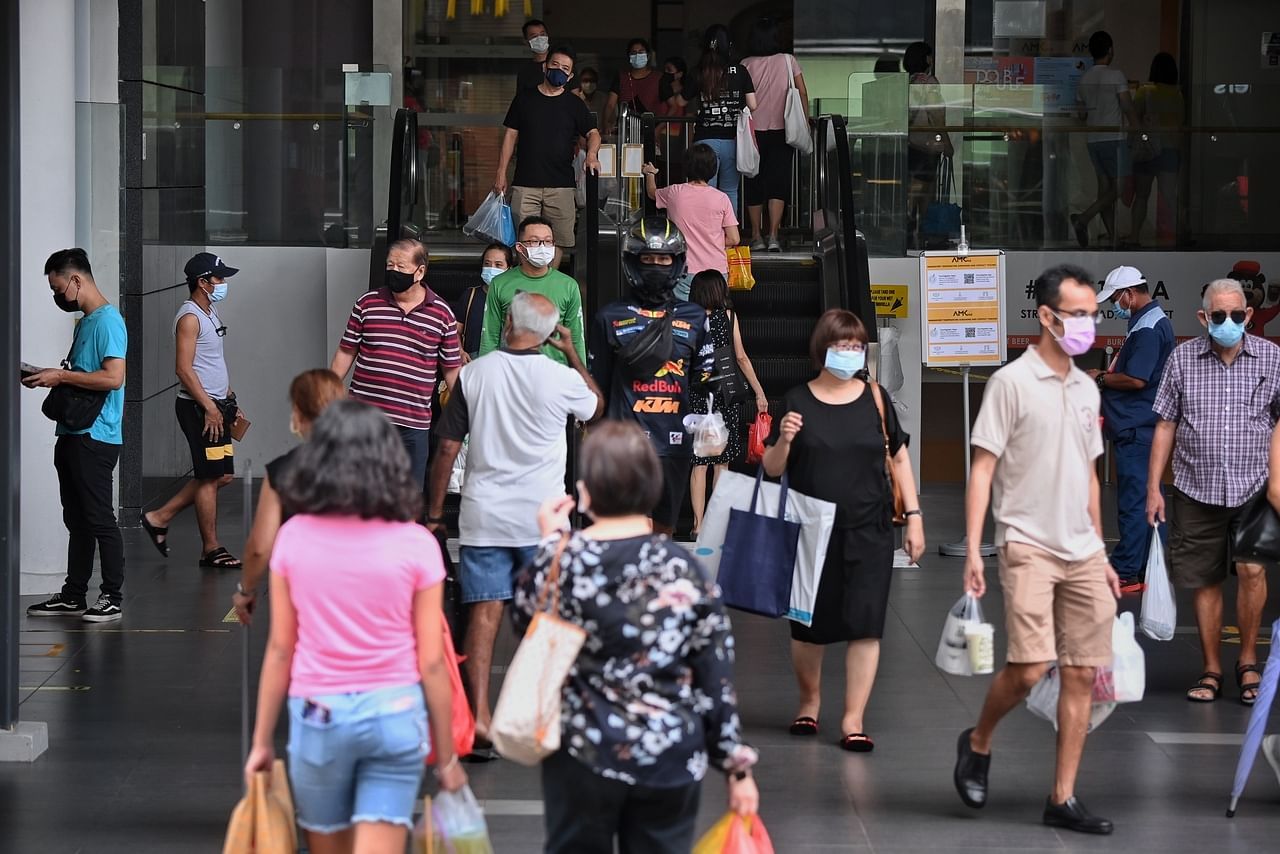Singapore may ease Covid-19 rules for vaccinated people: How you would be affected


SINGAPORE - As the vaccination rates go up, Singapore could see larger gatherings and overseas travels without stay-home notice upon return for those vaccinated.
More migrant workers and foreign domestic workers will be allowed in, and food and beverage establishments will be filled again. Life will return to a semblance of normality.
However, this new normal will require living with Covid-19 as an endemic disease, where an infected person recovers at home because vaccination ensures the symptoms will be mostly mild.
With others around the infected person also vaccinated, the risk of transmission will also be low.
Safe management rules will be progressively eased, and major events, like the National Day Parade or New Year Countdown, will return.
It starts with raising the vaccination rates, and the Government has set an ambitious target of having two-thirds of the population fully vaccinated by around National Day on Aug 9.
Meanwhile, a road map is being drawn up for when some of these changes will take place:

- Concessions will be given to fully vaccinated travellers going overseas or returning to Singapore.
- Countries which have the virus under control and turned it into an endemic norm can work towards mutual recognition of vaccine certifications. Singapore is currently in discussions with a number of countries for reciprocal travel arrangements, including Australia, New Zealand, South Korea and Hong Kong.
- The stay-home notice (SHN) period can be shortened or replaced with more frequent testing. For instance, travellers can get themselves tested before departure and be exempted from quarantine with a negative Covid-19 test upon arrival.
For now, the SHN time has been cut from 21 days to 14 days for high-risk countries, and individuals will soon be required to self-administer antigen rapid tests on days 3, 7, and 11 of their SHN.
- More migrant workers and foreign domestic helpers will be allowed into Singapore. This could ease the pressures on companies that may have had a shortage of foreign labour since the beginning of the pandemic.

- Vaccinated people could have gatherings in larger groups, with relaxed social distancing measures. This could be applicable to a range of settings, including religious services, concerts, sporting events and weddings.
- Resumption of large gatherings and major events can continue, like the National Day Parade or the New Year countdown. Businesses will also have the certainty that their operations will no longer be disrupted.

- Singapore will shift its focus to those who have been hospitalised for Covid-19 or placed in intensive care. This is similar to how influenza, which is also endemic, is being monitored in the community.
- There will also be no need to conduct massive contact tracing and quarantine people each time there is a confirmed Covid-19 case. Instead, people can get themselves regularly tested with a variety of fast and easy tests.
If they test positive, they can confirm their infection with a polymerase chain reaction (PCR) test and then isolate themselves.
PCR tests detect for genetic sequences of Covid-19 with an accuracy rate of around 93 per cent.
This article was first published in The Straits Times. Permission required for reproduction.